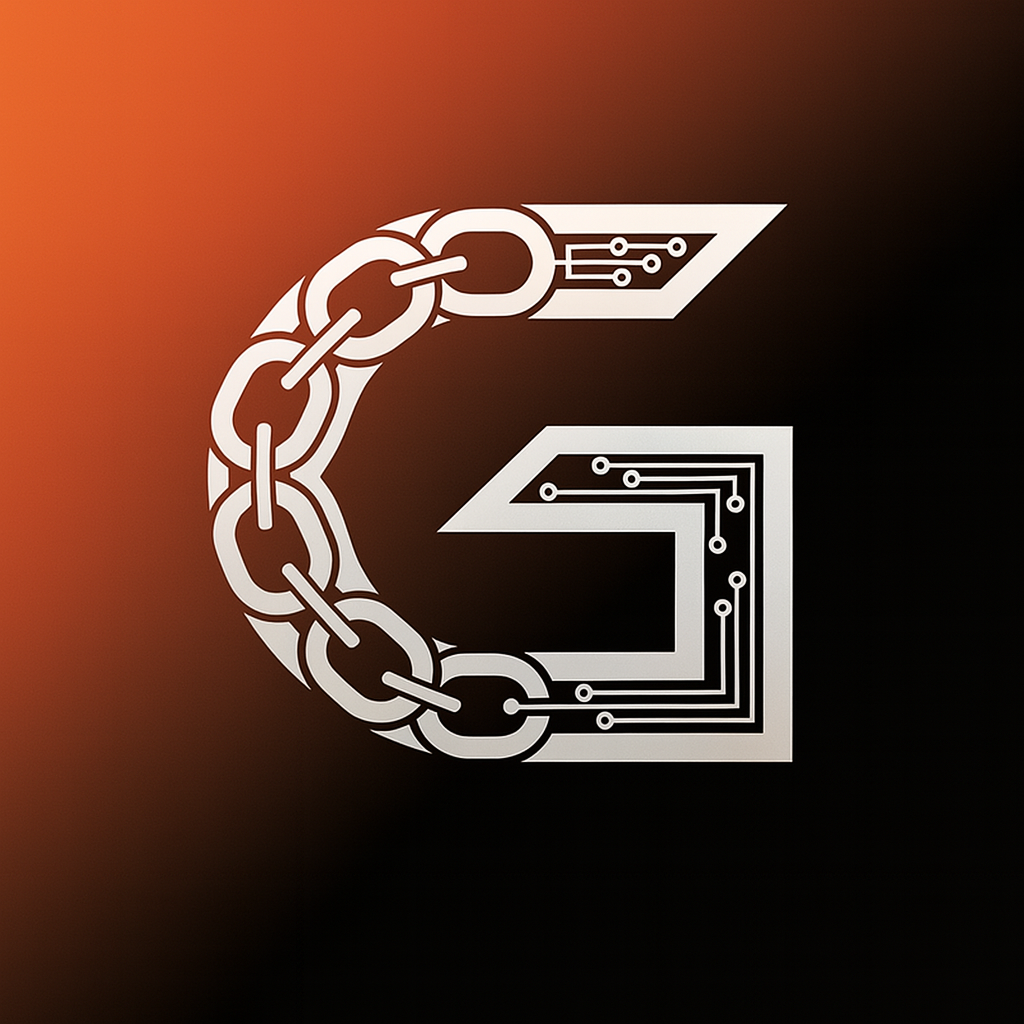Cosmos SDK & IBC Development Trends in Enterprise Applications

Cosmos isn't just a haven for DeFi degens and blockchain hobbyists – it's increasingly a toolkit of choice for enterprise and institutional applications in the crypto space. Over the past year or two, we've seen a notable trend: companies and major projects leveraging the Cosmos SDK to build custom blockchains, and using IBC to integrate with the wider ecosystem. This trend spans from fintech startups to established crypto firms, and even touches traditional enterprises exploring blockchain. This article explores how and why enterprises are adopting Cosmos tech, highlighting examples like dYdX's new chain, Noble (USDC's Cosmos home), and others. We'll discuss the appeal of Cosmos's modularity, sovereignty, and cross-chain capabilities for businesses, and identify key trends such as increased compliance features, modular infrastructure, and emerging "appchain-as-a-service" models. The goal is to paint a picture of Cosmos in 2024 as a robust, enterprise-friendly platform driving the next generation of blockchain innovation.
Notable Enterprise Adoptions of Cosmos Tech
Several high-profile projects with serious business backing have chosen Cosmos SDK to build their own blockchains:
dYdX (DeFi Exchange goes Cosmos)
dYdX is a leading decentralized crypto exchange specializing in perpetual futures. After initially running on Ethereum (and a StarkWare Layer 2), dYdX made a bold move: it decided to develop dYdX Chain as a standalone Cosmos-based blockchain. In mid-2023, the dYdX team open-sourced the chain software and by late 2023 validators launched the network. This chain is custom-built to support the dYdX trading engine, including an in-memory order book on each validator for high-speed matching. The motivation was to achieve full decentralization and high performance simultaneously.
Noble (Circle's USDC in Cosmos)
Noble is a Cosmos SDK chain launched in 2023 with a very specific purpose: to be the native issuer of USDC (the major dollar-backed stablecoin) in the Cosmos ecosystem. In collaboration with Circle (the company behind USDC) and Strangelove, Noble was created as a highly modular, enterprise-friendly blockchain to mint and manage USDC on Cosmos.
Crypto.com's Cronos & Binance's BNB Chain
These are examples from earlier, but worth noting. Crypto.com's Cronos chain is built on Cosmos SDK (with Ethermint for EVM compatibility) – it's an EVM chain for Crypto.com's ecosystem, connected via IBC to Cosmos Hub and others. Similarly, Binance's BNB Chain (formerly Binance Chain/BSC) started as a Tendermint-based chain (though it didn't enable IBC initially).
Why Cosmos Appeals to Businesses
What's driving this enterprise interest in Cosmos? Several key advantages make Cosmos technology appealing:
Modularity and Customization
The Cosmos SDK is a modular framework that allows developers to pick and choose features (governance, staking, tokens, IBC, etc.) and add their own custom logic. This means a business can create a blockchain tailored to its use case.
Sovereignty and Control
In Cosmos, each blockchain (zone) is sovereign – it has its own validators, it's governed by its own token holders, and it can upgrade on its own schedule. For enterprises, this is huge. It means no dependency on a third-party platform's decisions or forks.
Interoperability (IBC)
Even though Cosmos promotes independent chains, it crucially provides the IBC protocol to connect them all. This is a major draw for enterprises because it solves the silo problem. A private or app-specific blockchain on its own might have little value if it can't interact with anything.
Trends: Compliance, Modular Infrastructure, and Appchain-as-a-Service
As enterprise adoption grows, we can identify a few key trends shaping Cosmos development to meet business needs:
Built-in Compliance and Identity
More Cosmos-based solutions are integrating compliance features at the chain level. For instance, Coreum's chain offers optional KYC on-chain – meaning dApps on Coreum could require users' addresses to be verified, but it's not mandatory for the whole chain.
Modular Infrastructure & Interoperability Beyond Cosmos
Cosmos's modular ethos is converging with a broader industry trend of modular blockchains. Projects like Polygon CDK (which is based on Cosmos SDK) and Celestia (a Cosmos-aligned modular consensus/data network) indicate that Cosmos tech is being used as the backbone for many new networks.
Appchain-as-a-Service Models
Launching an appchain is getting easier. In 2024, projects like Saga and Caldera have been developing frameworks for one-click spin-up of app-specific chains. The idea is that a developer or enterprise can describe their needs, press a button, and get a blockchain running without dealing with low-level devops.
In conclusion, Cosmos is evolving to meet enterprise requirements by embracing modularity, enabling strong interoperability, and offering more turn-key solutions. The trends of compliance integration and easier chain deployment show a maturing ecosystem. The fact that major players like Circle (via Noble) and dYdX and others have chosen Cosmos SDK is likely to spur even more interest. The modular, appchain future that Cosmos envisioned is arriving, and enterprises are climbing aboard.
The blockchain ecosystem continues to evolve at a rapid pace, with new technologies and approaches constantly emerging. Analyzing market trends and ecosystem developments provides valuable insights for strategic decision-making.
Understanding the Fundamentals
Key Considerations for Validators
Professional validators must consider several critical factors to ensure reliable and competitive services:
Technical Implementation
Looking Ahead
Enterprise adoption of Cosmos SDK will likely accelerate as more major institutions recognize the benefits of application-specific blockchains with interoperability built in. We expect to see increased development of enterprise-focused modules addressing compliance, privacy, and integration with legacy systems. Validators who understand both the technical aspects of Cosmos and the needs of enterprises will be well-positioned to serve this growing market segment.
Conclusion
As the blockchain space continues to mature, the role of professional validators becomes increasingly important. By staying informed about the latest developments, implementing best practices, and maintaining a commitment to security and reliability, validators can provide valuable services to the networks they support while building sustainable businesses.
At Gigantic Nodes, we remain dedicated to advancing the state of validator operations and sharing our knowledge with the broader community. We believe that professional infrastructure providers play a crucial role in the blockchain ecosystem, and we're committed to setting the highest standards for reliability, security, and performance.
